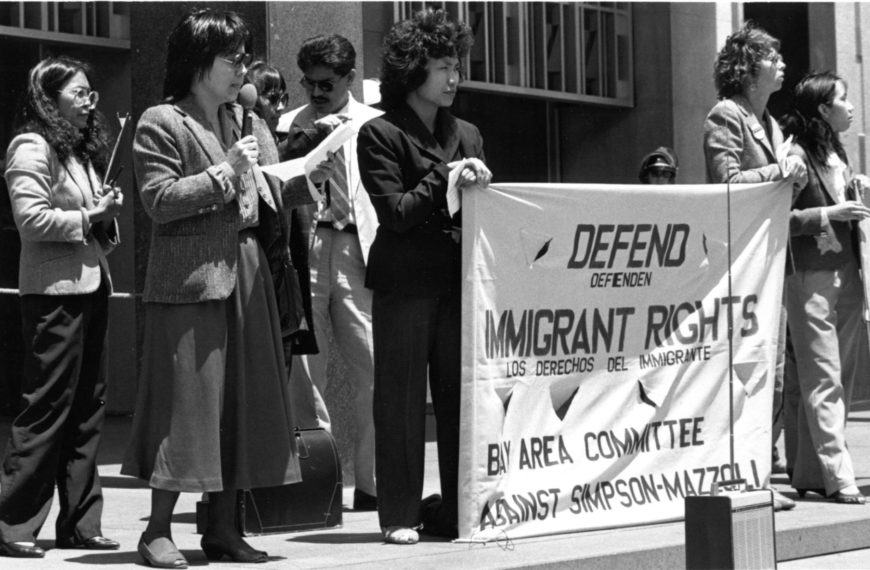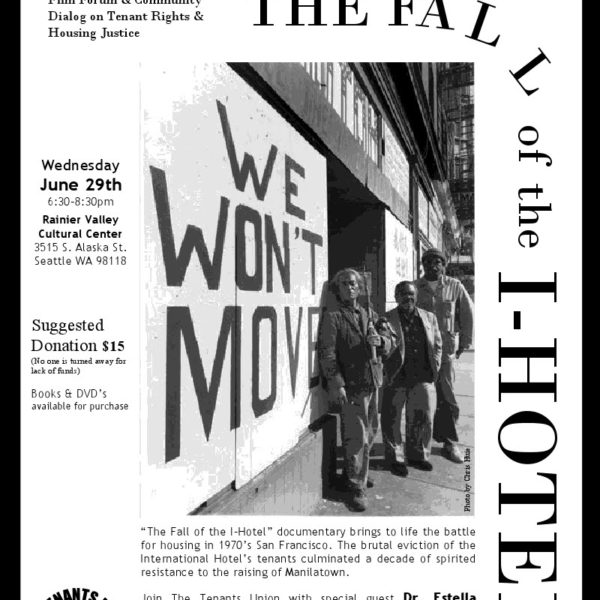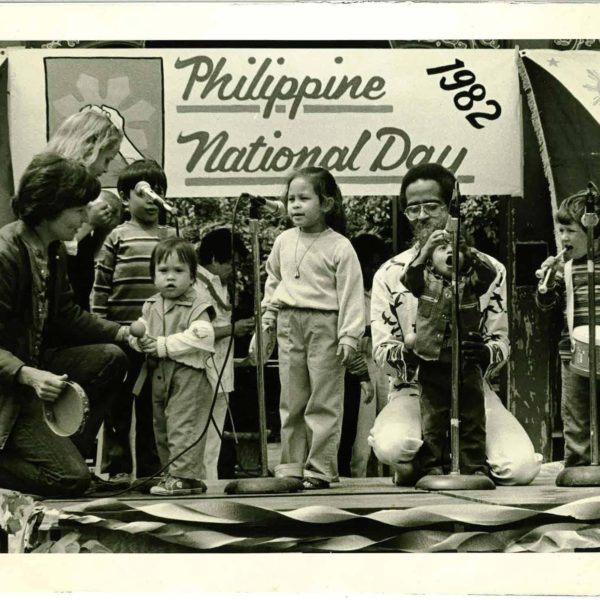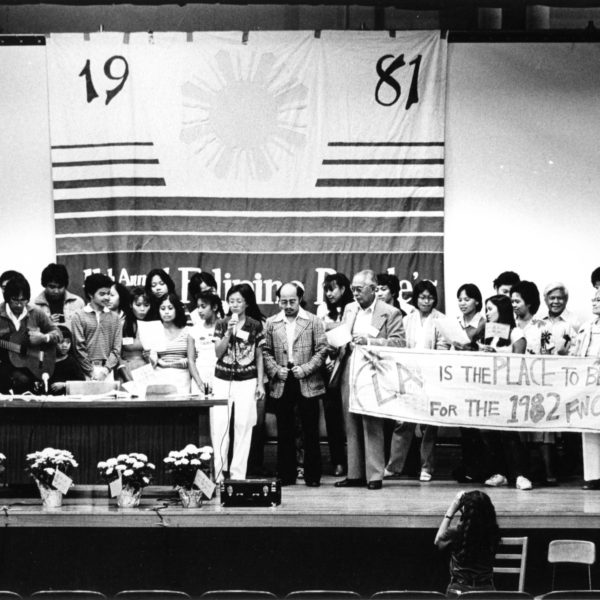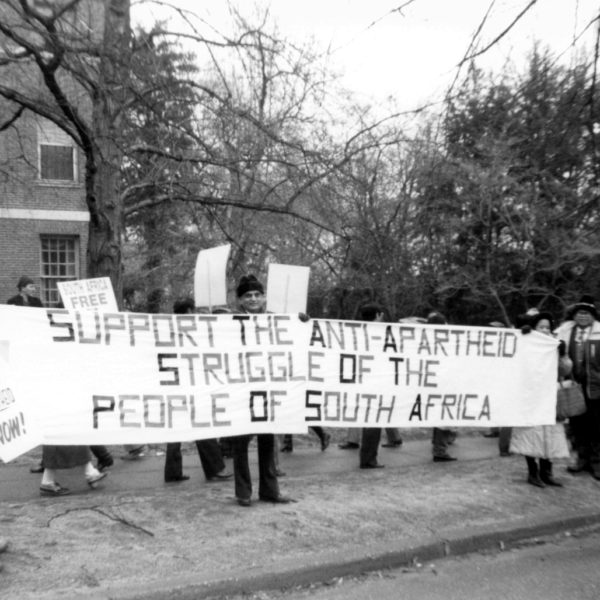KDP - Union of Democratic Filipinos
Katipunan ng mga Demokratikong Pilipino (KDP) - Legacy of Progressive US-based Filipinos in the 1970s & 80s
True to their “dual program” KDP activists also initiated political mobilizations on domestic U.S. issues, politically activating Filipinos who might have been hesitant in joining the anti-dictatorship movement.
In 1975 the KDP led a successful campaign to stop the deportation of Filipino doctors trapped by the technical and bureaucratic maneuvers of the American medical establishment and the Immigration and Naturalization Service. This was immediately followed by a similar campaign in 1977 that prevented the deportation of hundreds of nurses victimized by licensure tests that were slanted against graduates from underdeveloped countries. Activists organized a community-nurses coalition known as the National Alliance for Fair Licensure for Foreign Nurse Graduates, which successfully negotiated with the Immigration and Naturalization Service under the Carter Administration for a halt to the deportations.

These national campaigns gave activists new skills in organizing, mobilization and mass communication. They also gave the organization a recognizable profile as a militant advocacy group for the community. Regional or local campaigns soon flourished as Filipinos brought local cases of job discrimination or police misconduct to the attention of the KDP chapters. In 1975 activists led an education task force that challenged the racist depiction of Filipinos in California’s school textbooks.
Drawing allies in the community, the KDP also campaigned for low-cost housing in Seattle’s International District, even while initiating efforts to reform the Alaska Cannery Workers Union Local 37, which was under the control of corrupt leaders and their goons. Meanwhile, in San Francisco, activists mobilized a broad, citywide coalition to stop the eviction of the elderly tenants from the demolition-bound International Hotel, demanding low-cost housing for the displaced. The city had to send riot police to yank demonstrators from the hotel and evict the tenants they were defending.

KDP activists moved into the center of the annual Filipino Far West Convention on the West Coast, bringing to the agenda of community organizers and leaders such topics as busing, bilingual education, immigrant rights, the Philippine political situation and even such broader issues as nuclear disarmament and U.S. military intervention in Central America. Deliberately challenging the conservatives’ consulate-centered exclusive gala festivities on June 12 Philippine Independence Day, KDP chapters built local coalitions to mark the date as Philippine National Day—“a day to commemorate the Filipino people’s continuing desire for independence” and the Filipino minority’s struggle for equal rights in the United States and Canada–with community-wide celebrations that dwarfed the conservatives’ galas.
